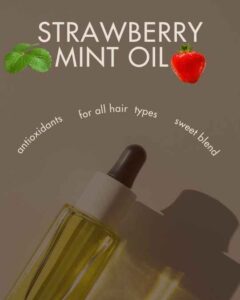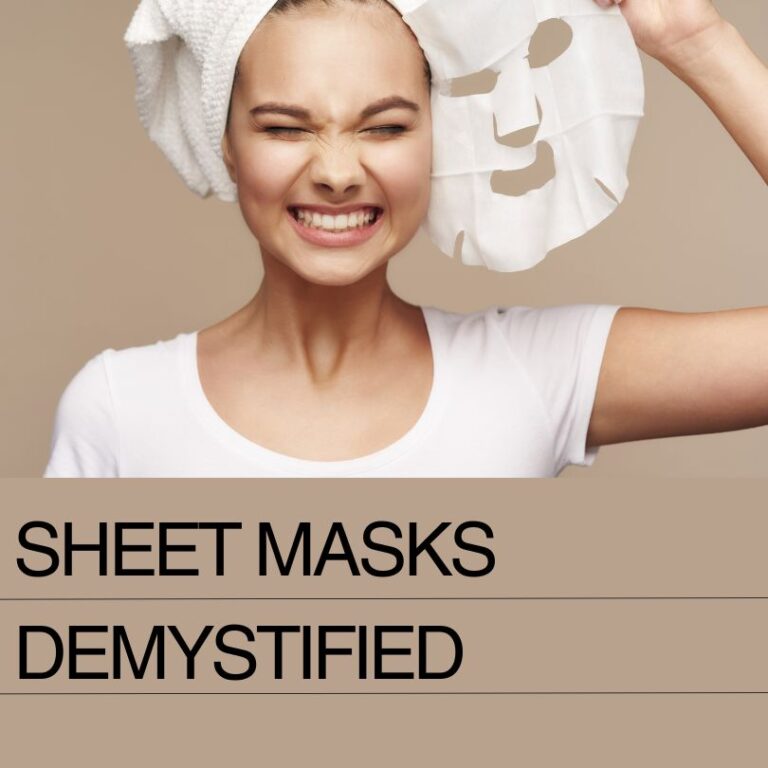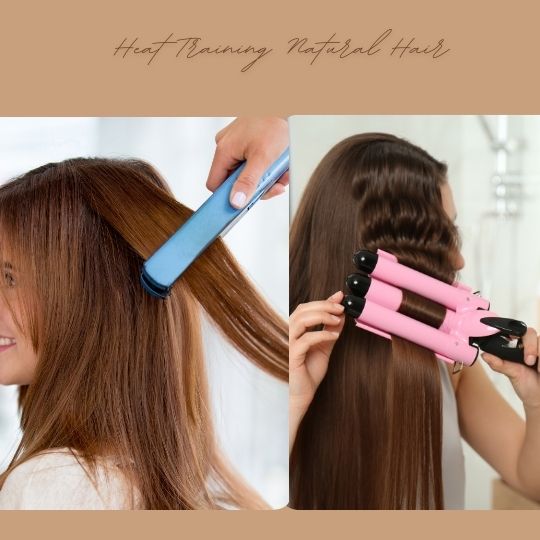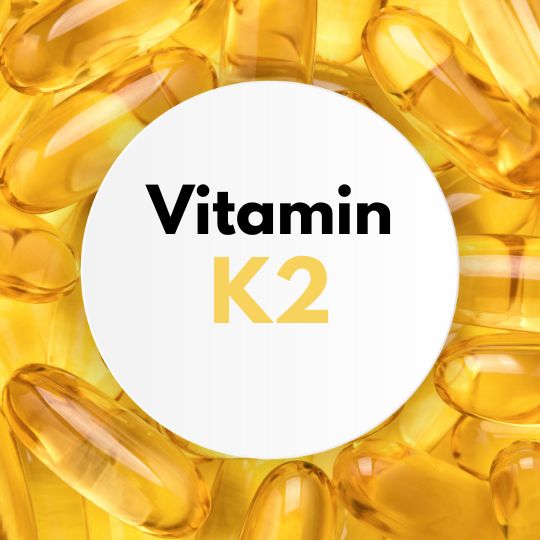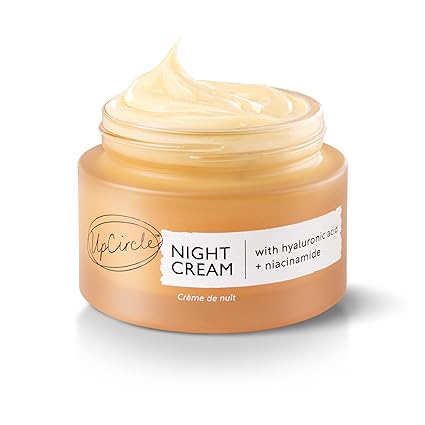Table of Contents
ToggleWhat is Acne?
Acne is a common skin problem that develops as a result of the clogging of hair roots with oil and dead cells.
This usually causes appearance acne-like blackheads, whiteheads, pimples, or cysts mainly on the face, chest, back, and shoulders. Acne can be moderate to serious and can have physical and emotional side effects on those who suffer from it. Here are some common types of acne.
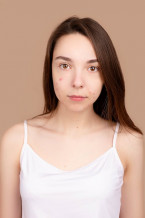
photo pexels
What are the types of acne?
There are several types of acne that can occur on the skin. These types can vary in appearance and severity. Here are 6 common types of acne:
Whiteheads (Closed Comedones):
These are small, flesh-colored or white bumps that form when a hair follicle becomes clogged with oil and dead skin cells. The clogged pore remains closed, resulting in a raised bump on the skin.
Blackheads (Open Comedones):
Blackheads are similar to whiteheads but have a darkened or black appearance. The dark color is not due to dirt but is caused by oxidation of the trapped debris within the pore.
Papules:
Papules are small raised bumps of brownish-red color on the skin. It happens when the scalp skin around the hair follicles become red and tender after breaking, which is felt in the area of the break.
Pustules:
Pustules are similar to papules but contain a visible white or yellowish center filled with pus. They are often surrounded by redness and inflammation.
Nodules:
Nodules are larger, painful, solid, and deep-seated bumps beneath the skin. They develop when clogged and inflamed pores cause an infection deep within the skin. Nodules can be quite painful and may take longer to heal compared to other types of acne.
Cysts:
Cysts are severe forms of acne that are large, painful, fluid-filled or semi-solid bumps beneath the skin. They are often deep-rooted and can lead to scarring. Cysts may require medical intervention for treatment and prevention of complications.
READ MORE:
“Decoding Beauty: Uncovering the Truth Behind 11 Common Beauty Myths and Facts”
Which skin type has most acne?
Acne can affect individuals with various skin types, but it is more commonly associated with oily or combination skin types.
Oily skin produces excess sebum, which can clog pores and contribute to acne formation. However, it’s important to note that acne can also occur in individuals with dry or sensitive skin, although it may present differently. Factors such as genetics, hormonal changes, and lifestyle habits can also influence the occurrence of acne, regardless of skin type.
Therefore, effective acne management involves understanding and addressing individual skin concerns, rather than solely focusing on skin type.
Causes of acne:
Excess oil production:
Increased oil (sebum) production by the skin can contribute to clogged pores and acne formation.
Clogged hair follicles:
When dead skin cells accumulate and mix with oil, they can block the hair follicles, leading to the development of acne.
Bacteria:
The presence of Propionibacterium acnes, a type of bacteria that naturally resides on the skin, can contribute to inflammation and acne formation.
Hormonal changes:
The function of hormones in acne development is considerable. During puberty, there is an increase in hormone production, particularly androgens like testosterone, which can stimulate the sebaceous glands in the skin to produce more oil (sebum). Excess sebum production can contribute to the development of acne by clogging the hair follicles.
Hormonal acne manifests as deep, cystic acne lesions commonly on the lower face, jawline and neck area especially among women. It is more common in females during hormonal fluctuations, such as the menstrual cycle, pregnancy, and menopause. However, males can also experience hormonal acne.
The hormonal changes that contribute to acne can disrupt the normal skin shedding process, leading to the formation of comedones (clogged pores) and the growth of Propionibacterium acnes bacteria. This, in turn, triggers an inflammatory response, resulting in the characteristic redness, swelling, and formation of pimples associated with acne.
Hormonal treatments, such as birth control pills or anti-androgen medications, may be prescribed by healthcare professionals to regulate hormonal imbalances and manage hormonal acne.
Additionally, maintaining a healthy lifestyle, managing stress levels, and practicing good skincare habits can help support hormonal balance and reduce the severity of acne symptoms.
Foods that cause acne
The relationship between diet and acne is still a topic of ongoing research, and individual responses can vary. While there is no definitive list of foods that universally cause acne, certain dietary factors may potentially contribute to its development or aggravation in some individuals.
High-glycemic foods
Dairy products
Fatty and fried foods
Food allergies and sensitivities
Chocolate
It’s important to note that the impact of diet on acne varies among individuals, and not everyone will experience breakouts due to these food categories.
Maintaining a well-balanced diet, staying hydrated, and focusing on whole, unprocessed foods, including fruits, vegetables, lean proteins, and whole grains, is generally beneficial for overall skin health.
What are the symptoms of acne?
The symptoms of acne can be diverse depending on the severity and type of acne. Common symptoms of acne include:
Pimples
Blackheads
Whiteheads
Cysts and Nodules
Inflammation
Oily Skin
Scarring
Excess oil production (sebum) is common in individuals with acne. It can look like skin tends oily or even shimmer,” especially in the T-zone (forehead, nose, and chin).
In some cases, acne lesions can lead to scarring, especially if they are picked, squeezed, or improperly treated. Acne scars can be depressed (atrophic) or raised (hypertrophic).
It’s important to note that acne symptoms can have a significant impact on one’s self-esteem and emotional well-being.
What are the risk factors for developing acne?
Several risk factors can increase the likelihood of developing acne.
Adopting a consistent skincare routine, practicing good hygiene, and seeking appropriate treatment can help manage and reduce the impact of these risk factors on acne development.
These factors can vary from person to person and may include:
Hormonal Changes:
Hormonal fluctuations, such as those occurring during puberty, menstrual cycles, pregnancy, or menopause, can increase the likelihood of acne development. Androgens, particularly testosterone, can stimulate the sebaceous glands and lead to increased oil production.
Family History:
If your parents or siblings have a history of acne, you may be more susceptible to developing it as well. Genetic factors can influence the tendency to have overactive sebaceous glands or an increased inflammatory response to acne-causing bacteria.
Excessive Sebum Production:
Individuals with naturally oily skin or those who produce excessive amounts of sebum are more prone to developing acne. Excess sebum can contribute to clogged pores and the growth of acne-causing bacteria.
Pore Blockage:
Factors that contribute to the blockage of hair follicles and pores can increase the risk of acne. This includes dead skin cells not shedding properly, cosmetics or skincare products that are comedogenic (pore-clogging), or wearing tight-fitting clothing or equipment that traps sweat and oils against the skin.
Medications and Hormonal Influences:
Certain medications, such as corticosteroids, and hormonal treatments like oral contraceptives or hormone replacement therapy, can affect hormone levels and potentially contribute to acne development.
Environmental Factors:
Exposure to certain environmental elements like high humidity, pollution, and greasy or oily substances can increase the likelihood of acne breakouts.
Stress:
While stress itself does not directly cause acne, it can exacerbate existing acne or trigger flare-ups due to hormonal changes and increased inflammation.
Adopting a consistent skincare routine, practicing good hygiene, and seeking appropriate treatment can help manage and reduce the impact of these risk factors on acne development.
Treatments of acne:

Over-the-counter (OTC) treatments:
OTC products containing ingredients like benzoyl peroxide, salicylic acid, or sulfur can help control mild acne by reducing oil production and unclogging pores.
Prescription medications:
Topical or oral medications prescribed by a dermatologist, such as retinoids, antibiotics, or hormonal treatments (e.g., birth control pills), can be used for moderate to severe acne.
Procedures:
Dermatological procedures like chemical peels, microdermabrasion, laser therapy, or extraction of comedones (blackheads and whiteheads) can be used to treat acne and improve skin appearance.
Skincare routine:
Establishing a gentle skincare routine with non-comedogenic (non-pore-clogging) products, regular cleansing, and moisturizing can help manage acne and prevent further breakouts.
Lifestyle modifications:
Maintaining a healthy lifestyle, including a balanced diet, regular exercise, stress management, and sufficient sleep, can complement acne treatment and improve overall skin health.
Preventing acne:
While it may not be possible to completely prevent acne, you can take certain measures to reduce the likelihood and severity of breakouts. Here are some tips for preventing acne:
Maintain a Consistent Skincare Routine:
Establish a daily skincare routine that includes gentle cleansing with a mild cleanser and regular moisturizing. Avoid harsh scrubbing or over-washing, as it can irritate the skin and potentially worsen acne.
Use Non-Comedogenic Products:
Look for skincare and makeup products that are labelled as non-comedogenic. This means that the products are much less likely to block up the pores and to cause acne. Research for oil-free and suitable products for your skin type.
Avoid Touching Your Face:
Regularly wash your hair and keep it away from your face, especially if you use hair products like gels, oils, or sprays that can contribute to pore-clogging.
Don’t Squeeze or Pick at Acne Lesions:
Resist the urge to squeeze or pick at pimples, as it can worsen inflammation, increase the risk of infection, and potentially lead to scarring. Instead, opt for appropriate acne treatments or consult a dermatologist for safe extraction, if necessary.
Maintain a Healthy Diet:
Although the direct relationship between diet and acne is still debated, a balanced and nutritious diet can contribute to overall skin health. In addition, emphasize eating a diverse range of fruits, vegetables, whole grains, lean proteins, and also healthy fats. Limit the consumption of sugary and processed foods in order for some people not to make the acne more serious.
Manage Stress Levels:
Chronic stress can contribute to hormonal imbalances and worsen acne. Incorporate stress-management techniques such as regular exercise, relaxation exercises, meditation, or engaging in activities you enjoy.
Be Careful with Sun Exposure:
While moderate sun exposure can have a temporary drying effect on acne lesions, excessive sun exposure can lead to skin damage and inflammation. Use a broad-spectrum sunscreen with an appropriate SPF to protect your skin from harmful UV rays.
Regularly Change Bedding and Towels:
Frequently change pillowcases, bed sheets, and towels to minimize the accumulation of oils, bacteria, and debris that can come in contact with your skin.
Seek Professional Help:
If you have persistent or severe acne that is impacting your quality of life, consult with a dermatologist. They can provide personalized advice, recommend appropriate treatments, and help manage your acne effectively.
What questions should I ask my doctor?
When visiting a doctor, particularly a dermatologist, to discuss your acne, it’s essential to ask relevant questions to gain a better understanding of your condition and the available treatment options. Here are some basic questions that you may consider asking your doctor:
- What is the underlying cause of my acne?
- What type and severity of acne do I have?
- Are there any specific triggers or factors that may be contributing to my acne?
- What lifestyle modifications can I make to help improve my acne?
- What skincare products should I use or avoid for my skin type?
- Are there any specific dietary recommendations or restrictions that may help manage my acne?
- What over-the-counter treatments do you recommend for my acne?
Final line:
Acne is a common skin condition caused by clogged hair follicles, excess oil production, bacteria, hormonal changes, and other factors. Treatment options range from OTC products and prescription medications to dermatological procedures and lifestyle modifications. It is recommended to consult with a dermatologist for personalized advice and an appropriate treatment plan based on the severity and specific needs of your acne.






